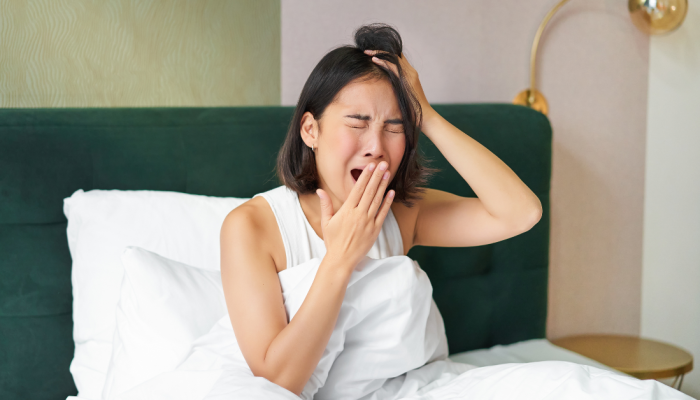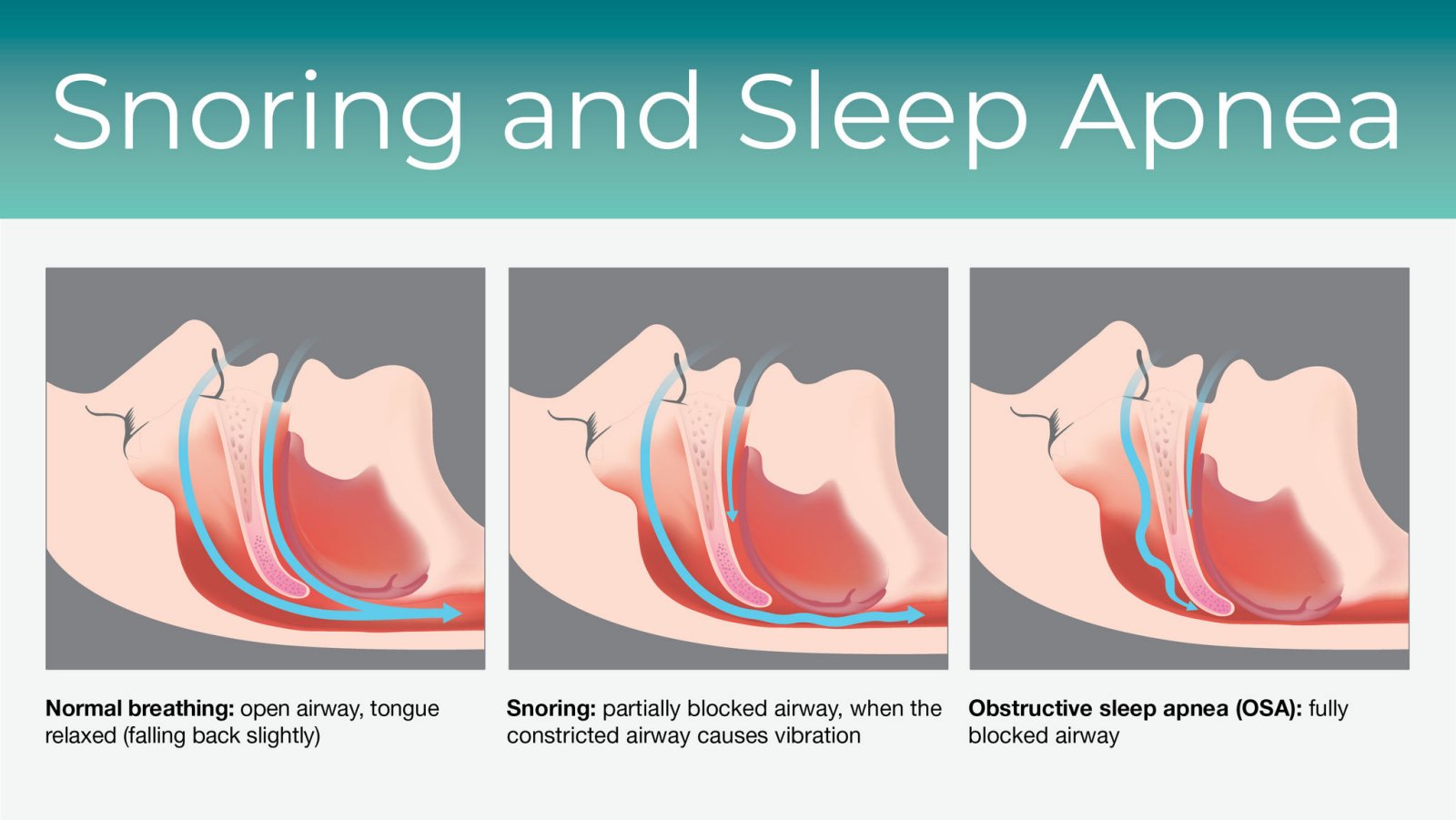Sleep Apnea & Snoring Treatment in Indore
Services
Quick Enquiry

Understanding Sleep Apnea & Snoring
Do you wake up feeling tired even after a full night’s sleep? Does your partner complain about loud snoring or moments when you seem to stop breathing while sleeping?
These may be signs of sleep apnea, a condition where breathing repeatedly stops and starts during sleep. Snoring, while common, can also indicate underlying airway blockages.
Common Symptoms of Sleep Apnea
- Loud, persistent snoring
- Red, swollen tonsils, sometimes with white patches
- Waking up gasping or choking
- Daytime fatigue
- Morning headaches
- Difficulty concentrating
Causes of Sleep Apnea & Snoring
- Nasal blockage or deviation (e.g. deviated nasal septum)
- Enlarged tonsils or adenoids
- Obesity or thick neck circumference
- Chronic nasal congestion
How Dr. Gwaliorkar Can Help
Dr. Gwaliorkar uses advanced diagnostic tools like nasal endoscopy and sleep studies to understand the root cause of your snoring or sleep apnea. Based on findings, treatment options may include:
Treatment Options:
- Lifestyle changes: Weight loss, sleep position adjustments
- Medical therapy: Nasal sprays, CPAP therapy
- Surgical options:
- Septoplasty (for nasal blockage)
- Tonsillectomy or Uvulopalatopharyngoplasty (UPPP)
- Endoscopic sinus surgery for chronic congestion
Why Choose Dr. Anil Gwaliorkar?
- 20+ Years of ENT Experience
- Trusted name for snoring and sleep apnea treatment in Indore
- Advanced diagnostic tools at Bombay Hospital, Indore
- Patient-first approach
- Personalized care and follow-up

FAQ – Sleep Apnea & Snoring
Not always. Occasional snoring can be harmless, but loud and frequent snoring, especially with pauses in breathing, could be a sign of obstructive sleep apnea. An ENT evaluation helps clarify.
Diagnosis usually involves a physical exam, nasal endoscopy, and a sleep study (polysomnography). Dr. Gwaliorkar uses advanced tools for precise diagnosis.
Yes. CPAP therapy, weight management, and nasal sprays are common non-surgical options. Surgery is considered when there’s a structural cause.
Yes. Children with enlarged tonsils or adenoids may suffer from sleep apnea. Dr. Gwaliorkar also offers pediatric ENT treatment.
Quick Enquiry
